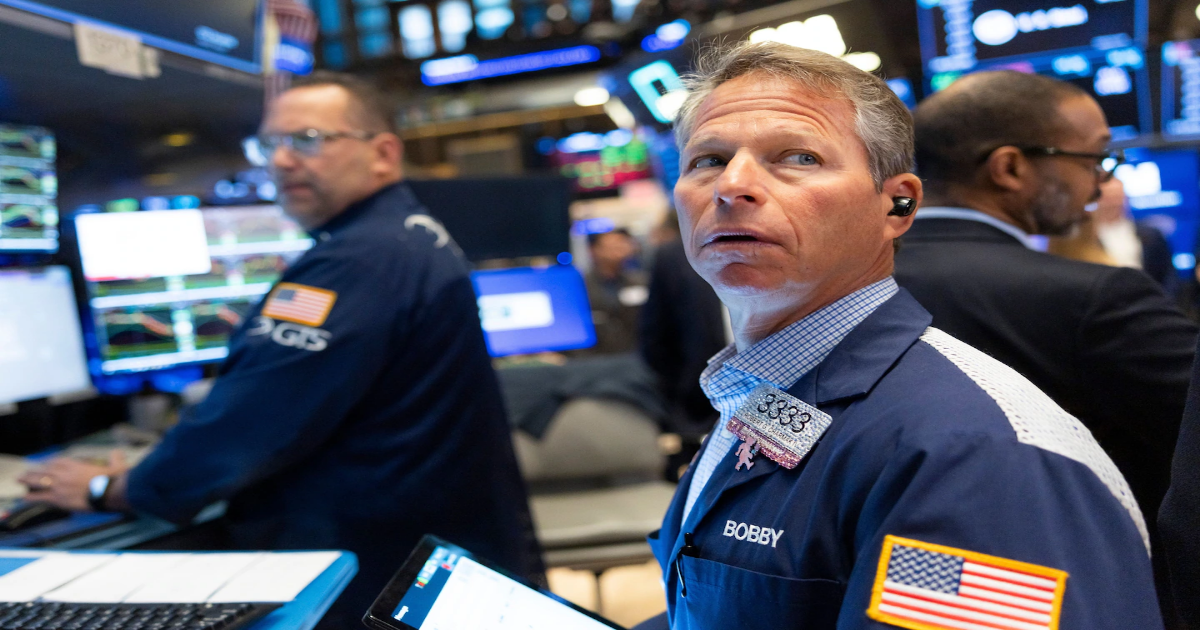The stock market moved lower Friday after new economic data revived concerns about the health of the economy ahead of possible new tariffs next week.
New economic data showed the Federal Reserve’s preferred measure of inflation, the personal consumption expenditures price index, came in at 2.8 percent compared with a year ago, slightly higher than analysts had expected. Also Friday, a widely followed survey from the University of Michigan showed a sharp drop in consumer sentiment.
Weaker spending in the early months of the year “confirm a slowdown in consumer activity in the first quarter of 2025,” wrote Comerica Bank chief economist Bill Adams.
The S&P 500 declined almost 2 percent, the Nasdaq composite index lost more than 2.5 percent and the Dow Jones Industrial Average fell more than 1.5 percent on Friday, two days after President Donald Trump announced 25 percent tariffs on imports of automobiles and auto parts.
Wall Street has been uneasy about the direction of Trump’s tariff policies, which have been subject to repeated announcements and reversals. The White House has promised to establish more tariffs Wednesday, which the administration has promoted as “liberation day.”
The S&P 500 rose in the weeks after Trump’s November election victory, a rally that analysts attributed to anticipation of lower taxes and less regulation. But the market direction reversed amid trade-induced jitters.
The major indexes remain at their lowest levels since mid-September. For the year, the tech-heavy Nasdaq has fallen more than 10 percent, while the S&P 500 is down about 5.1 percent. The Dow, which has only 30 stocks, is down 1.7 percent since the year started.
Friday’s sell-off brought more volatility. The Cboe volatility index, known as Wall Street’s “fear gauge,” was up 15 percent Friday afternoon.
Several consumer-centric stocks fell Friday, with Lululemon down around 14 percent, Gap sliding nearly 4 percent, and home goods retailers Home Depot and Lowe’s losing more than 1 percent.
Tech stocks also lost ground: Alphabet sank nearly 5 percent, while Amazon lost 4.2 percent and Apple shed 2.6 percent.
Goldman Sachs lowered its expectation for where it expects the S&P 500 to finish the year, citing slower economic growth and trade policy uncertainty.
Analysts are concerned that inflation at its current level could lead the Federal Reserve to keep interest rates higher for longer, as Fed Chair Jerome H. Powell has said the central bank can afford to be cautious as it waits to see how the new policies will play out.
“It looks like a ‘wait-and-see’ Fed still has more waiting to do,” Ellen Zentner, chief economic strategist at Morgan Stanley, said in a note to investors.
“Today’s higher-than-expected inflation reading wasn’t exceptionally hot, but it isn’t going to speed up the Fed’s timeline for cutting interest rates, especially given the uncertainty surrounding tariffs,” Zentner said.
